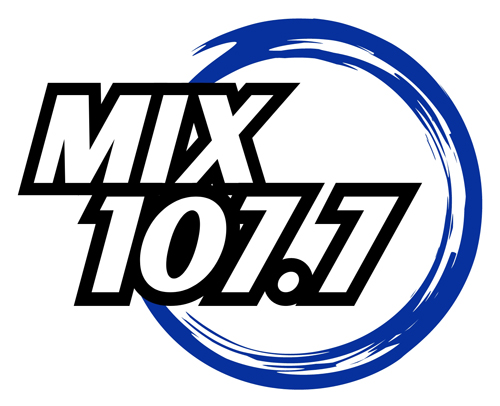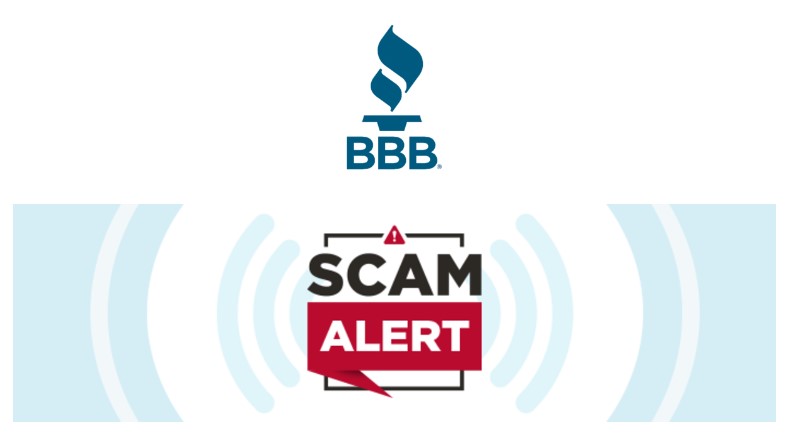How to spot misleading ads and subscription traps for weight loss products
Regarding New Year’s resolutions, scammers know that losing weight is one of the most famous goals. Unfortunately, this popularity has led to several scams involving supplements and weight loss formulas claiming to offer rapid results. Not only are the products themselves questionable, but so are the companies’ business dealings peddling them.
How this scam works
Most weight loss product scams start with promises too good to be true. They advertise body wraps, topical creams, dietary supplements, pills, powders, skin patches, and even earrings to “melt,” “flush,” “burn,” or “dissolve” away unwanted fat fast.
You may see these ads on TV, in periodicals, or, more commonly, on social media. They usually come with some amazing before and after pictures of people who claim to have used the product and glowing five-star reviews. Also, according to many recent reports, these weight loss products often claim to have been featured on popular TV shows like Shark Tank. Unfortunately, the sad truth is that the ads are misleading, and many contain ingredients that can damage your health.
To make matters worse, some companies use unscrupulous selling techniques. Dozens of consumer complaints described weight loss programs as difficult to cancel, even if the product doesn’t work as claimed in the ads. Some consumers believed they were making a one-time purchase. Instead, the company repeatedly billed their credit cards for more of the product.
Read more about the scam, including victim reports, in the full article.
How to avoid phony weight loss products:
- Take your time to trust endorsements. Many scammers use pictures of celebrities, TV show mentions, or well-known company logos to gain consumers’ trust. Always research the company before doing business with them, no matter who supposedly endorses their product.
- Avoid products that tout sudden weight loss without diet or exercise. Doctors, dieticians, and other experts agree that losing weight takes work and should be gradual. So pass up any product that promises miraculous, sudden results without any effort.
- Be wary of free trial offers, and before signing up, understand all the terms and conditions. These deals can become “subscription traps” that hook consumers into expensive shipments of products they did not agree to buy.
- See the full article on BBB.org for more tips.
For more information
Call your BBB to report suspicious, confusing, or misleading ads to BBB Ad Truth. Consumers can also report the ad to the Federal Trade Commission (FTC) by calling 877-FTC-Help.
If you’ve been the victim of a scam, report it to BBB Scam Tracker. By registering your experience, you can help others avoid falling for the same scam.
Want more of these emails? Subscribe to BBB’s weekly Scam Alerts.








 EastTexasRadio.com Powered by Ten Stations
EastTexasRadio.com Powered by Ten Stations





